


Solution
Why choose Eco Buddy Willow Basket?
Eco Buddy willow baskets are made out of natural, renewable, biodegradable materials that people found in nature. All of our products are hand made by craftsmen in northern China, where the technique of weaving has been passed along from generation to generation for thousands of years. At the same time, the production of the willow basket has to meet rigorous standards. For example, there are 7 steps to take for the processing of wicker; 11 steps for the weaving and 7 steps to refine the basket once it is crafted including fumigations. In addition, the design of our willow basket has been customized to meet the needs of our modern life.
Our willow baskets are convenient and easy to use. They inherit the merits of cloth bags in the way that they are easy to be cleaned. All our Eco Buddy Willow baskets are equipped with machine washable disassemble linen liners. However, our baskets have some benefits that other reusable bags do not offer. Eco Buddy willow baskets have the frame and shape to containerize grocery items so they don't move around while driving. Compared with canvas baskets of similar size, willow baskets are lighter because the majority of the frame is made from wicker, instead of metal.
The Environmental impact of single use plastic bag
Single use plastic checkout bags have significant environmental impacts each year. Due to their durability, plastic bags can take centuries to decompose. Most plastic bags take over 400 years to biodegrade. Some figures indicate that plastic bags could take over 1000 years to break down. This means not one plastic bag has ever naturally biodegraded. On land, plastic bags are one of the most prevalent types of litter in inhabited areas. Large buildups of plastic bags can clog drainage systems and contribute to flooding. Plastic bags cause over 100,000 sea turtle and other marine animal deaths every year when animals mistaken them for food. The post-consumer environmental effects of single-use plastic checkout bags are detrimental to marine life, wildlife and public health.
Is paper bag better than plastic bag?
The fact is that both of them consume lots of natural resource and cause significant pollution.
Studies sponsored by independent retailers or governments generally agree that paper bags are less of a litter problem, but that plastic bags consume less water and energy, and produce less pollution, including greenhouse-gas emissions. In the end, it is a tradeoff. 'There is a popular misconception that paper bags are more environmentally friendly than plastic bags,' said a 2005 report for the Scottish government."- Wall Street Journal, 2009
Paper bags cause 70 percent more air pollutants than plastic bags and use twenty times as much fresh water vs plastic bags. Most paper comes from tree pulp, so the impact of paper bag production on forests is huge. Each year, Americans use about 10 billion paper bags, which results in the cutting down of 14 million trees. Then what about recyclable paper bags? Studies indicate it takes 10 times of energy to recycle a pound of paper than it takes to recycle a pound of plastic. In addition, only 10%-15% of the paper bags are recycled according to Wall Street Journal. Once in a landfill, paper has the potential to decompose and produce methane, a greenhouse gas with 21 times the heat-trapping power of carbon dioxide. Transportation throughout the system also has significant environmental impacts.
Solution to plastic pollution
Eco Buddy Willow baskets are perfect alternative to plastic and paper bags. Willow baskets have been used as grocery baskets for thousands of years and their functionality has been proved by the history. They are green, natural, biodegradable and friendly to our ecology. In addition, Eco Buddy Willow baskets are convenient and easy to use. If plastic bags are banned in your area, using Eco Buddy willow basket can save you money. Please see our calculation. Why wait? Let us try this out.
How can we save you money? (If the plastic bags have been banned in your area)
The average American family takes home almost 1,500 plastic shopping bags a year. In the areas where plastic bags have been banner, usually the ordinance imposes a minimum price requirement on single use paper bag.
If the single use paper bag is 5 cents each, the annual cost would be $75.
If the single use paper bag is 10 cents each, the annual cost would be $150.
If the single use paper bag is 25 cents each, the annual cost would be $375.
Eco Buddy willow baskets are very sturdy and durable, which can last for years. They are green choices to save you money.
Eco Buddy Willow Baskets- green, natural, sustainable
Eco Buddy Willow baskets are made from wicker. Willow is a fast-growing, perennial, minimally intrusive, and efficient source for basket making. A willow planting can reach optimal height within three years, be safely and easily harvested, and immediately begin regrowing without new tilling and planting. Farmers harvest wicker twice a year, producing two types of wicker, thick one and thin one. Ensuring sustainability is easier with willow as well because the fast regrowth can keep pace with the rate of harvesting.
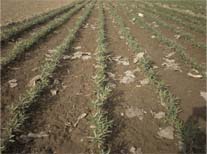 |
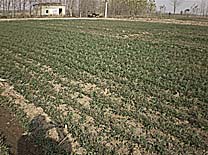 |
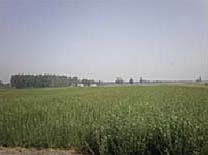 |
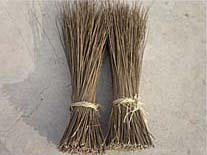 |
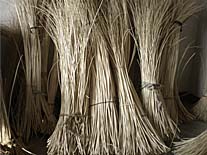 |
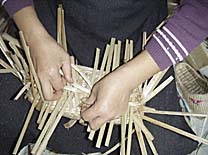 |
